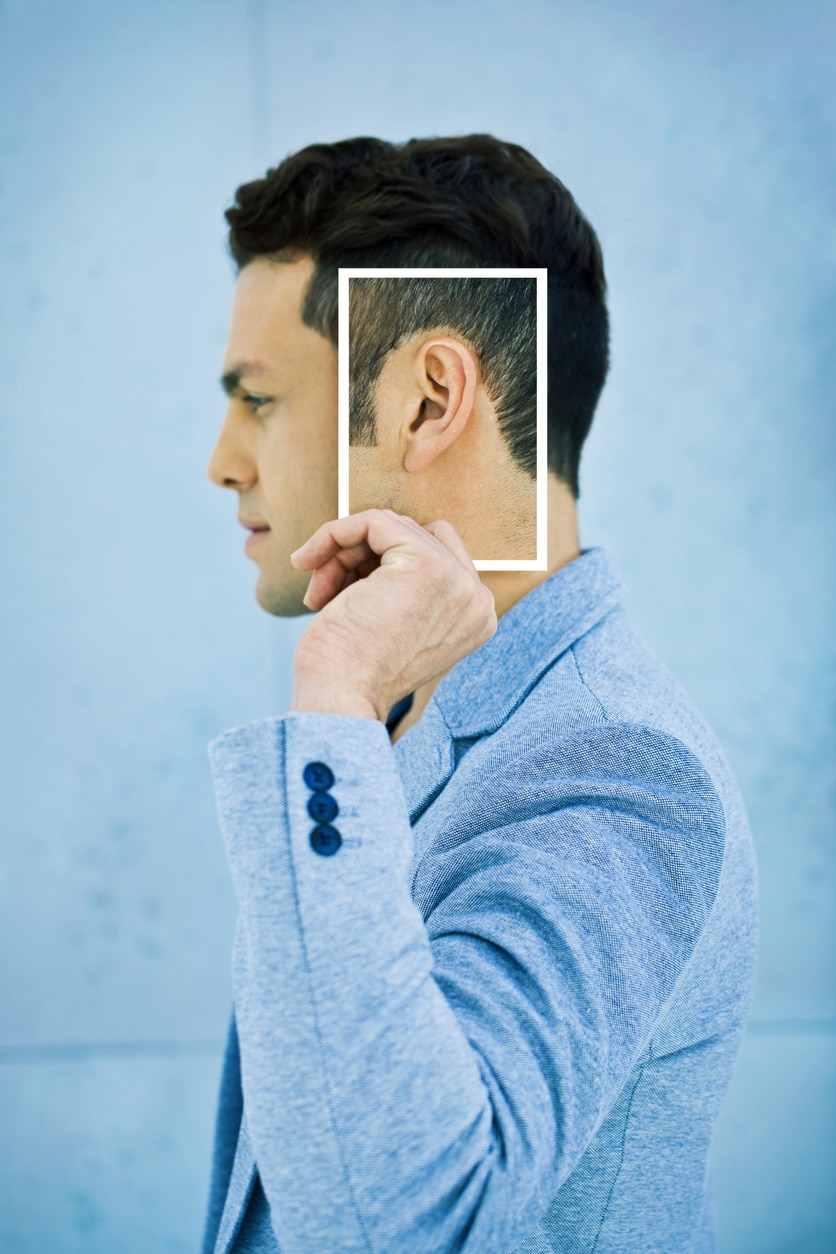Muffled hearing, or the sensation of hearing through a wall or underwater, can be unsettling, especially when it affects only one ear. Often, muffled hearing in one ear is temporary and not cause for concern, but it can sometimes point to a more serious issue.
It’s helpful to know the potential causes for muffled hearing in one ear to know when to see a doctor.
Recognizing the Sensation of Muffled Hearing

Muffled hearing doesn’t mean you’ve entirely lost your hearing. Rather, it involves a noticeable drop in clarity or sharpness. Sounds may seem far away or indistinct, and conversations might be harder to follow.
You may also feel fullness in the ear, along with symptoms like tinnitus, dizziness or general discomfort.
This issue can arise suddenly or develop gradually, and it might last a few hours, several days or longer depending on what’s causing it.
Potential Causes
There are several possible reasons you might experience this change in hearing on just one side. Some causes are minor and easily treated. Others, however, may require medical treatment.
Here are some of the most frequent causes:
- Earwax blockage: When earwax builds up excessively, it can prevent sound from reaching the eardrum.
- Fluid accumulation: Often linked to sinus infections, allergies or colds, fluid in the middle ear can create a plugged or muffled sensation.
- Sudden sensorineural hearing loss (SSHL): This is a rapid, unexplained drop in hearing and is considered a medical emergency that requires urgent care.
- Ear barotrauma: Changes in air pressure, like during flights, diving or elevation shifts, can impact ear function.
- Obstruction by a foreign object: If something becomes lodged in the ear canal, it can block sound.
- Ruptured eardrum: Injury, infection or loud noises can lead to a tear in the eardrum.
- Acoustic neuroma: A rare, non-cancerous tumor on the hearing nerve may cause one-sided hearing loss.
- Noise-induced hearing loss: Loud noise exposure, especially from one side, can affect just one ear.
When to See a Doctor
While temporary muffled hearing may not be alarming, certain symptoms should prompt a visit to your doctor. Sudden changes in hearing should never be brushed off.
Reach out to a doctor if:
- The issue started suddenly and hasn’t improved after a few hours
- You also feel dizzy, off balance or notice ringing in the ear
- You experience persistent ear pain, pressure or fluid drainage
- Your hearing continues to decline
- You’ve recently encountered a loud noise or sustained a head injury
Management and Prevention
Addressing muffled hearing starts with identifying what’s causing it. Many cases can be treated effectively once the source is found.
Treatment methods may include:
- Removing earwax: This can be done professionally or with over-the-counter drops designed to soften wax.
- Medications: Decongestants or antibiotics may help reduce inflammation or treat infections.
- Steroid therapy: Often used for sudden hearing loss to reduce inflammation in the inner ear.
- Surgical procedures: In some instances, procedures are needed to repair damage or remove growths.
- Hearing technology: Devices like hearing aids can assist when hearing loss is permanent.
While not every cause can be avoided, there are habits you can adopt to lower your risk:
- Don’t insert cotton swabs or other objects into your ears
- Use protective gear like earplugs in noisy environments
- Treat allergies and colds early to avoid ear fluid buildup
- Dry your ears thoroughly after swimming at places like [local- aquatic center]
- Monitor any changes in your hearing and consider routine checkups if you’re more prone to issues
Muffled hearing in just one ear might be temporary or could indicate a deeper problem. Being aware of your symptoms and getting prompt care can go a long way in protecting your hearing for the future.
Want to learn more or schedule a hearing exam? Reach out to North Alabama ENT Associates today.